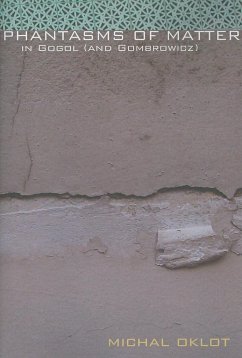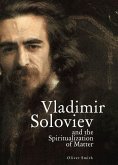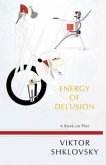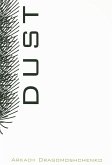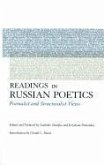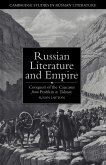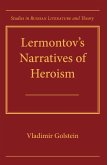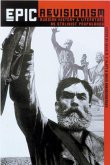An investigation into the problem of writing about matter in Nikolai Gogol's work and, indirectly, into the entire Neoplatonic tradition in Russian literature, this book is not intended to be an exhaustive historical survey of the concept of matter, but rather an effort to enumerate the images of matter in Gogol's texts and to specify the rules of their construction. The trajectory of the book is directed by movement from Gogol to Gogol. Its major assumption is that Gogol successfully develops a language for grasping the Neoplatonic concept of matter and subsequently rejects it, abandoning literature. Since then, the Gogolian form [sic!] of the image of a sheer negation of form has recurred frequently in Russian literature. Yet the direction of the movement is always towards Gogol. Somewhere at the margin of this circular trajectory, one can inscribe a Polish writer, Witold Gombrowicz, who established, one hundred years later, a similar rhythm governing Polish literature: from Gombrowicz to Gombrowicz.
Hinweis: Dieser Artikel kann nur an eine deutsche Lieferadresse ausgeliefert werden.
Hinweis: Dieser Artikel kann nur an eine deutsche Lieferadresse ausgeliefert werden.

